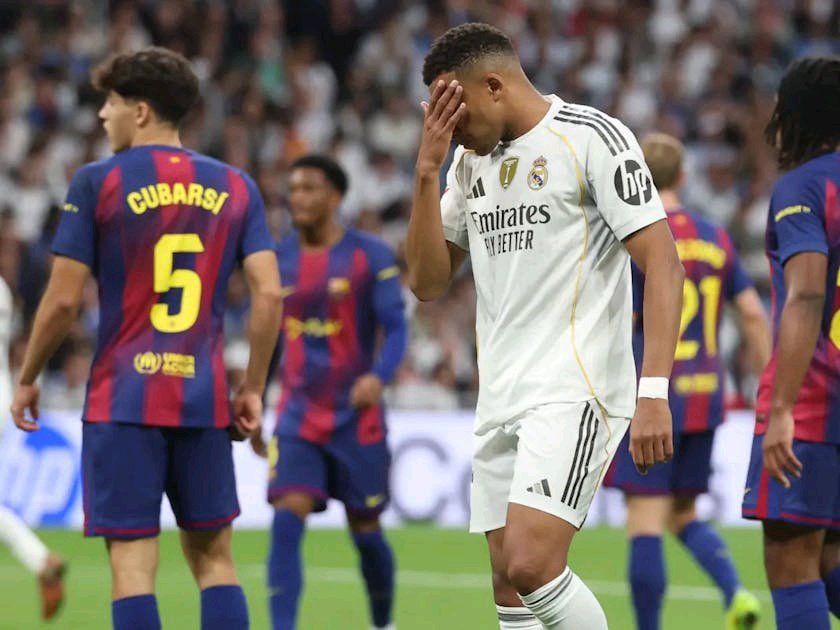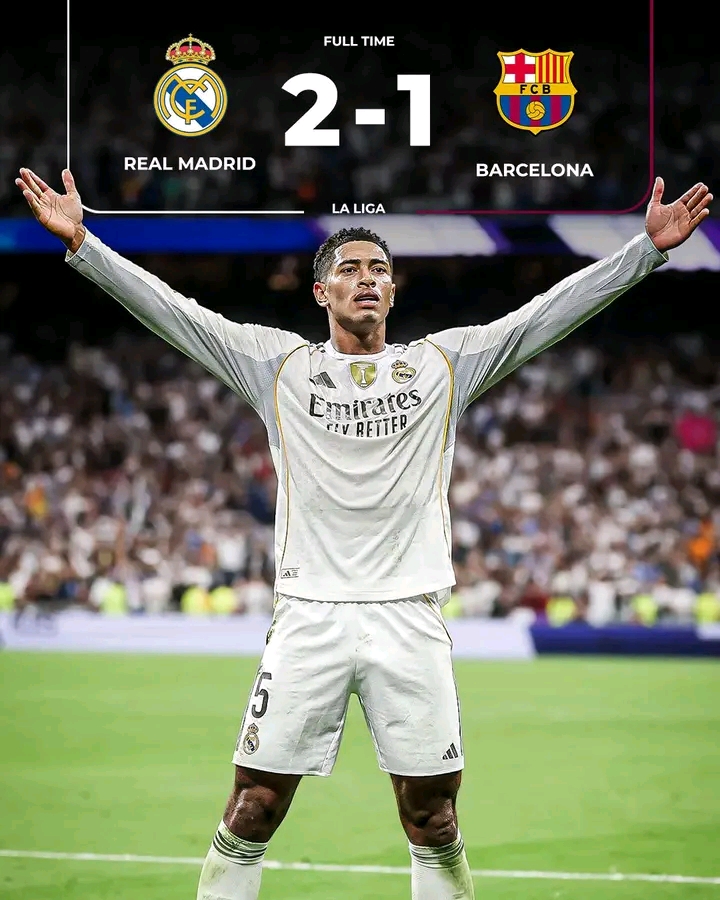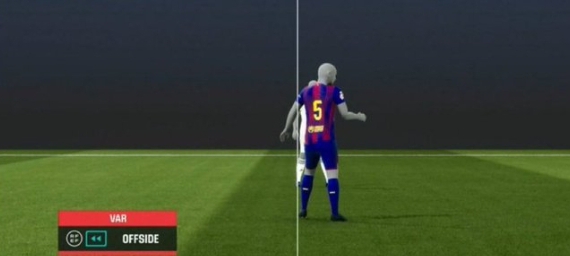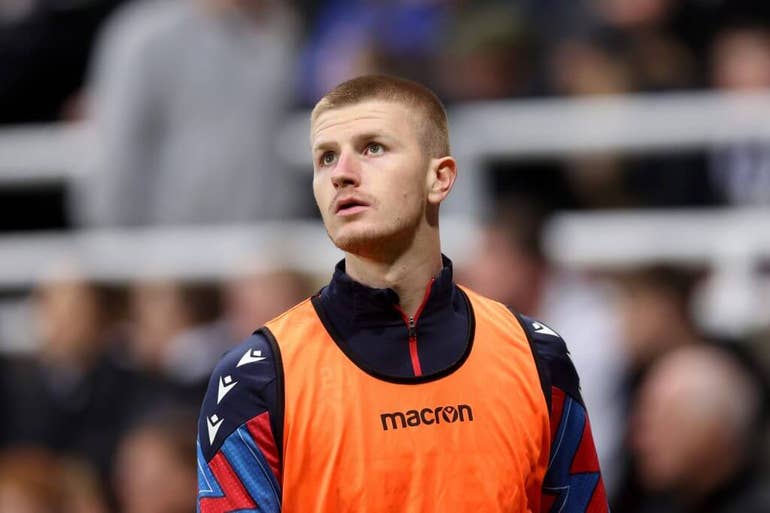The semi-automatic VAR system disallowed a goal by Kylian Mbappé, his record-breaking feat stole part of the spotlight. Mbappé offside record controversy VAR. The match brought intense scrutiny when Kylian Mbappé framed himself at the centre of a heated debate. In the tenth round of La Liga, Real Madrid faced Barcelona under a blazing Santiago Bernabéu night. Mbappé sprinted through the defence and appeared to slot the ball past the goalkeeper confidently. However, the semi-automatic VAR system flagged his effort as offside by the tiniest measure possible. The technology drew a line showing a small part of his leg ahead of the defender’s. Internet users in Brazil and Europe both took notice and raised their voices immediately.
They argued that the decision exposed the limits of precision in modern officiating and fairness in sport. Many fans responded on social media, claiming the rule had become too strict in practice. Moreover, Mbappé’s disallowed goal coincided with his achievement of a new world record in club football. He had just become the youngest player in La Liga history to reach fifty goals for his new club, Real Madrid. This milestone confirmed his status as a generational talent and media focal point across Europe. Yet, despite the landmark, all eyes shifted back to the offside controversy and the role of VAR in the decision. Supporters praised his scoring prowess but questioned whether technology overshadowed the spirit of the game.
Some commentators asked if the offside rule no longer reflected genuine advantage or merely centimetres of limb. They favored a review of the law to prevent such debates from dominating headlines. Others suggested that dramatic moments like Mbappé’s could prompt reform of traditional offside interpretations. Consequently, the Brazilian football community watched with interest as the same semi-automatic system is now under consideration for adoption. They anticipated that Brazil would encounter similar controversies when technology arrives on their pitches. In fact, a user wrote: “They’re kidding. Look at that offside. They disallowed this goal because Mbappé’s little toe was ahead.” Meanwhile another fan remarked: “Mbappé had no advantage at all in the goal that was disallowed for offside.”

These comments show how the public perceives measurements of millimetres as unjust. In essence, human feelings about fairness clash with technological precision in modern sport. Therefore, many voices now call for the offside rule to evolve alongside VAR’s technical leap. They believe change must address both sense and science in refereeing decisions.In this high-stakes match, Real Madrid edged their local rivals Barcelona 2-1, strengthening their lead to five points atop La Liga. That victory may have overshadowed the individual drama, but the offside decision kept the story alive. During the match, Mbappé connected with a through-ball and beat the last defender in pure pace.
He then rounded the goalkeeper and tucked the ball neatly into the net. The crowd erupted, only for the VAR check to extinguish the celebration almost instantly. The line drawn by the system revealed just the smallest part of his leg ahead of the defender’s foot. Many viewers believed that the margin of error rendered the decision more symbolic than substantive. They argued that the goal should have stood under the normal match-flow logic despite the technical breach. Furthermore, commentators highlighted that Mbappé’s new world record adds complexity to the narrative. He now holds the title of youngest Real Madrid player to score fifty league goals.
That feat arrived within his first 60 appearances for the club, establishing him as truly extraordinary. Yet the same match forced his talent into the spotlight of a technological debate rather than pure athletic achievement. Analysts suggested that while records speak volumes about his ability, moments like this remind us of football’s human side. They also pointed out that while VAR aims to remove error, it sometimes heightens controversy. As one sport journalist noted, “The machine shows accuracy, but the heart of the game misses context.” Indeed, despite his milestone, Mbappé found himself at the heart of a debate about what football should measure.

Nevertheless, the story has sparked international discussion far beyond Spain and Brazil. In Europe, fans, pundits and referees are asking whether ultra-precise offside calls make sense in the spirit of football. In Brazil especially, where VAR is being trialled or discussed, the match serves as a warning of what might come. Many say that if only a toe defines advantage then the rule needs to adapt. They warn that national leagues may face fan backlash when technology unmasks previously unseen margins. At the same time, clubs may have to live with the consequences of split-second decisions captured in slow motion. Meanwhile, Mbappé’s record remains an impressive achievement even in the shade of controversy.
Ultimately, the event combines the heights of individual brilliance with the debates surrounding modern football’s reliance on technology. In the end, Kylian Mbappé’s world-record moment and his disallowed goal will both stay in the headlines. The victory for Real Madrid matters, but the conversation about VAR continues. Supporters may remember the record, but they will also recall the fraction of a toe that triggered the ruling. The game thus becomes both a celebration of talent and a case study of technological impact.
As football moves forward, governing bodies must balance precision, fairness and the spirit of the sport. For now, “Mbappé offside record controversy VAR” best captures how one extraordinary player, one tiny measurement and one rule change collided under the floodlights.


